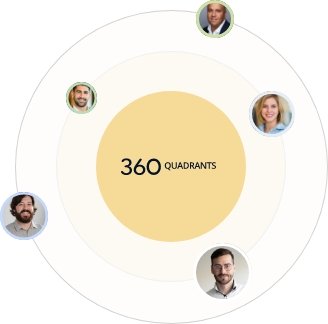Refractories are non-metallic materials that are chemically and physically stable at high temperatures of above 1,000°F. The melting point of refractory materials is higher than 2,732°F; the melting point of highly refractory materials exceeds 3,092°F. Refractories are used in the linings of high-temperature furnaces, reactors, and other processing units. They act as a thermal barrier between a hot medium and the wall of the containing vessel, and also provide a chemical protective barrier against corrosion. Further, they also provide thermal insulation to the various high-temperature furnaces, incinerators, and boilers. Different refractories of various chemical compositions are manufactured using different minerals. The various end-use industries where refractories are used abundantly are iron & steel, power generation, cement, glass, non-ferrous metals, chemicals, petrochemicals, and paper & pulp. ________ Note: *Core competencies of the companies are covered in terms of their key developments, SWOT analysis, and key strategies adopted by them to sustain their position in the market.
Refractories
RHI is a globally operating supplier of high-grade refractory products, systems, and services, which are indispensable for industrial high-temperature processes exceeding 1,200°C. Refractory linings made by RHI ensure that a wide range of aggregates, including steel ladles, cement rotary kilns, copper converters or glass furnaces withstand extreme thermal, mechanical, and chemical stress
Allied Mineral Products is the global leader in the fabrication and manufacture of monolithic refractories and precast refractory shapes. The company offers various refractory products, such as castables, dry vibrates, wet rambles, precast shapes, bricks/mortars, gunning materials, plastics, fiber, mica, installation equipment, nozzles, nozzle kits, and other related products.



